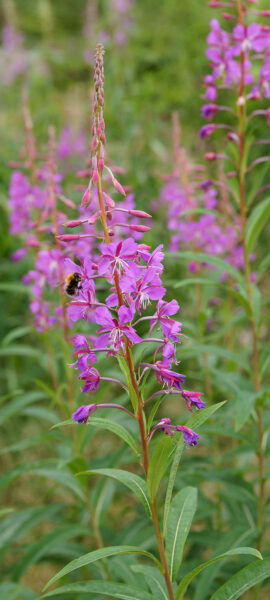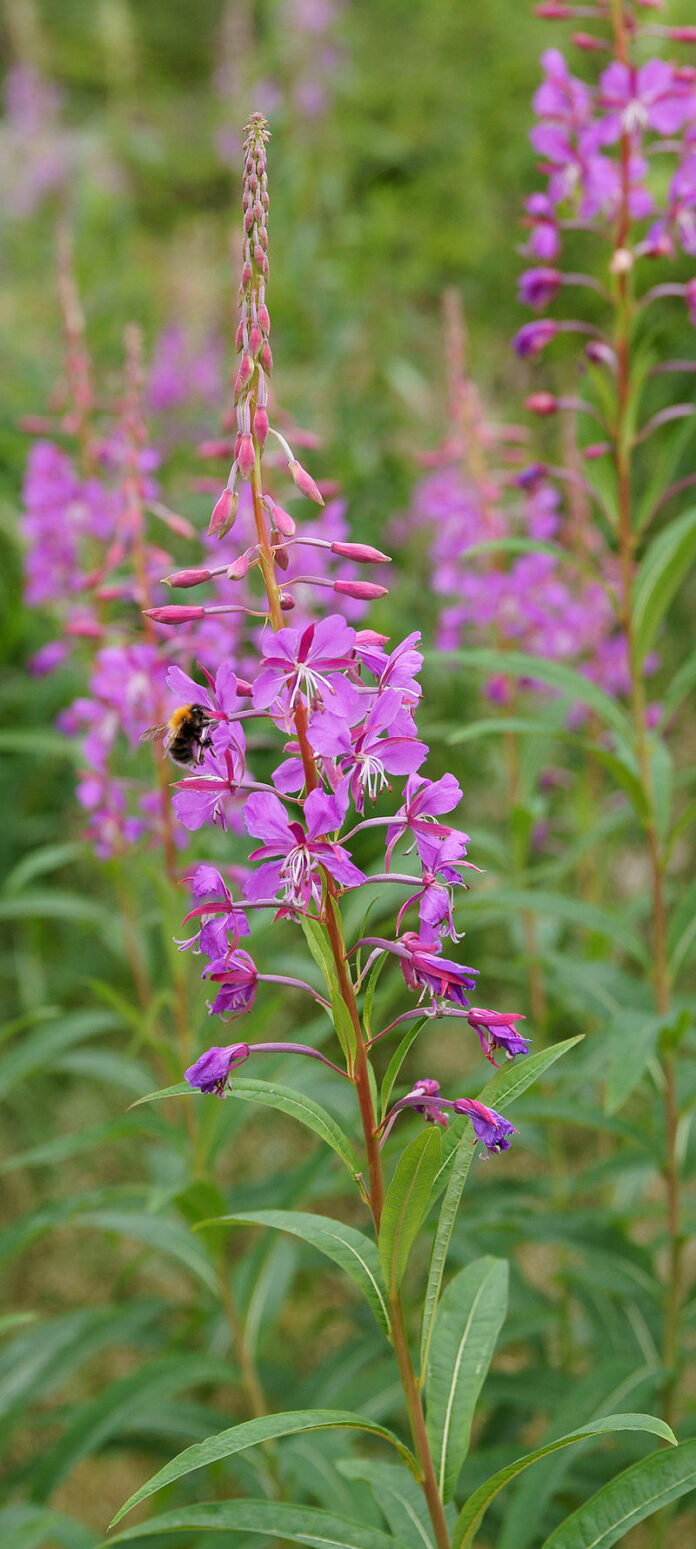BY HANNES THUM

The world is full of surprises this year.
News headlines come at us rapid-fire. This virus moves quickly from place to place with seemingly little warning and then suddenly amplifies in a new place, almost overnight. A parade of new information arrives every day: new wildfires, new school adaptations, new human conflicts, and new worse news about ecological systems suffering.
It makes me wonder when we might stop being surprised by surprises.
There is something biologically unsettling and unnerving (literally, in the sense that it affects our nervous systems negatively) in not knowing what the future holds. Our Homo sapiens brains crave and are at their best with consistency, stability, and safety; there is much going on in the world right now that is making our brains feel on edge and uneasy. Even if it’s only to a small degree, and if parts of our lives still roughly resemble our lives at this time last year, the heightened sense of The Unknown each day is wearing on a lot of people’s psychologies right now.
So, is it fair to say that the surprises have become unsurprising?
All of this begins to stretch my ability to describe in words. But, in short: in these times where I constantly feel somewhat uncertain of what is around the corner, maybe I shouldn’t be surprised by the things that surprise me.
Like, the fireweed that I stumbled across this week.
I hadn’t expected to come around the corner and see fireweed. Although, I should have. I was walking through a canyon that burned, in patchy fashion, during the Beaver Creek Fire in August of 2013. And, true to its name, fireweed does an excellent job of re-colonizing burned areas—it thrives in the charred aftermath of forest fires. It is a so-called “successional” or “seral” species, which means that it thrives in the transitions between disturbances in an ecosystem.
And there the fireweed was, all along the creek bottom that burned a few years ago, just like that.
More surprisingly, I certainly hadn’t expected to see the fireweed already acting like it was autumn. Fireweed is a plant that presents tall and beautiful stalks of pinkish-purplish flowers throughout summertime, and those flowers turn rapidly to white fuzz (“go to seed”) as the fall season settles in.
There is a saying: “When fireweed turns to cotton, summer’s soon forgotten.”
There is something else: it has been claimed that when fireweed goes completely to seed, you can expect snow in six weeks.
I hadn’t thought I would see the flowers already gone to seed like that. I hadn’t thought summer was over, yet. But, neither the flowers nor the mountains, the seasons nor time itself, care much for what I expect or think. Nor does the world. And there they were: the fireweed in front of me was thick with white cotton, with almost no pink flowers left. A sign that autumn has officially arrived.
And now our summer has passed. Just like that.

